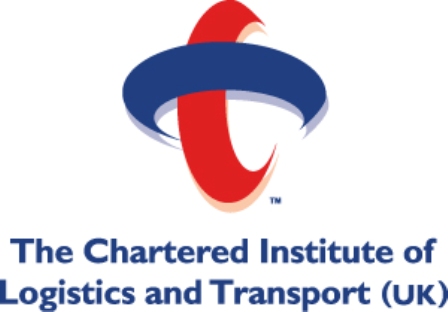
The Chartered Institute of Logistics and Transport in the UK (CILT) has welcomed the appointment of Philip Hammond as the new Secretary of State for Transport. The Institute says, however, that he must do all that he can to ensure that transport investment is protected from the severe spending cuts required in order to reduce the deficit and improve the public finances.
CILT says that transport is the vital asset which underpins the economy and that it is absolutely essential to ensure its efficient operation. The road and rail infrastructure must be adequately maintained and, where possible, developed in order to sustain and support the recovery from recession and to avoid the appalling waste of man hours and money which result from delays and congestion on both road and rail.
CILT Chief Executive Steve Agg said: 'Many congratulations to Philip Hammond on his new appointment as Secretary of State for Transport. This is an absolutely key role in the Cabinet. We very much hope that he will be in post for rather more than the unacceptable average of just twenty months which we have seen in this job over so many years. Transport requires high government priority, recognition of its value and contribution, commitment, and long term investment. The efficiency and economic operation of the supply chain constitutes a vital ingredient in the conduct of the whole economy and must be given maximum government support in order to perform at the best possible level. And the same conditions apply to the movement of people.
'As the economy recovers, and it is in all of our interests that it does as soon as possible, we will see growing pressures on our transport infrastructures, notably our roads network. It is therefore essential, not only that adequate levels of investment are retained in order to maximise the efficient condition and operation of the roads which we presently have, but that we take practical steps to increase and improve capacity and performance on the key inter-urban routes and congestion pinch-points.
'It is disappointing that the new Government seems to have turned its face against investigating the possibility of innovative means of fund raising for roads investment such as road pricing - the present levels of taxation raised from fuel duty and Vehicle Excise Duty are unacceptably high, and do not represent good value for road users. The disproportionate level of taxation enforced by the previous Government was grossly unfair, particularly in respect of freight operators moving goods and services for the benefit of the economy. However, we do, of course, recognise that funds must be raised, and as such, CILT believes that new strategies must be adopted for both road user taxation and consequential infrastructure investment.
'CILT looks forward to engaging with the new Government on this, and on the many other transport issues which are so important for the growth of the economy and the benefit of our society.'